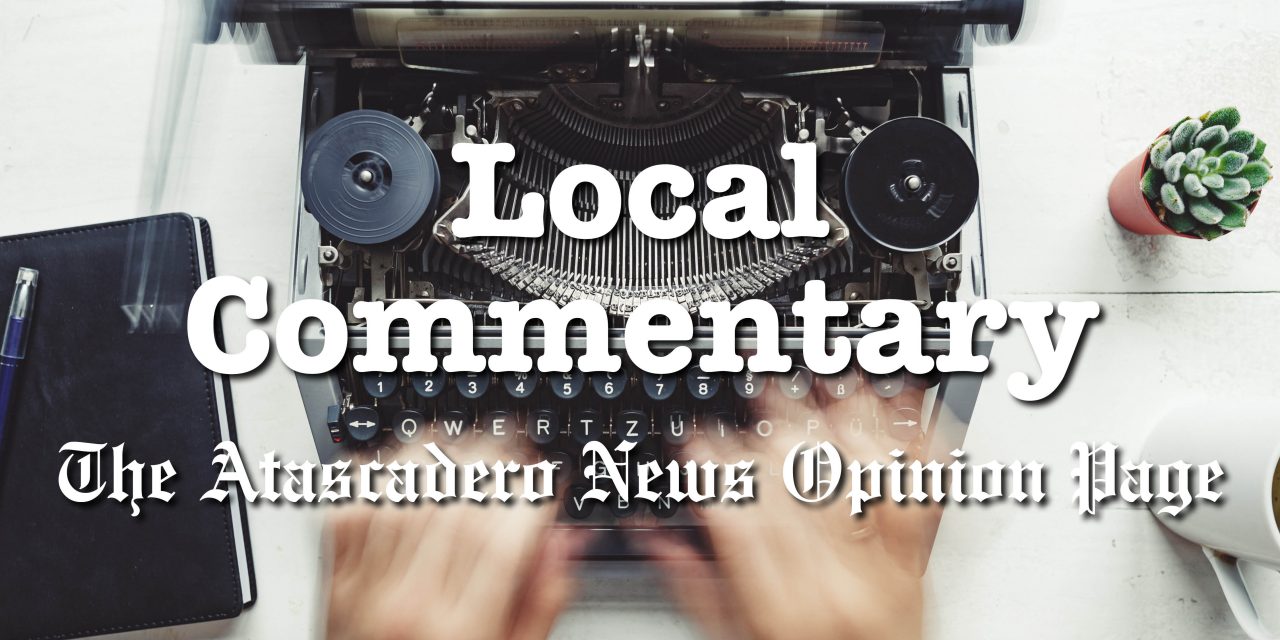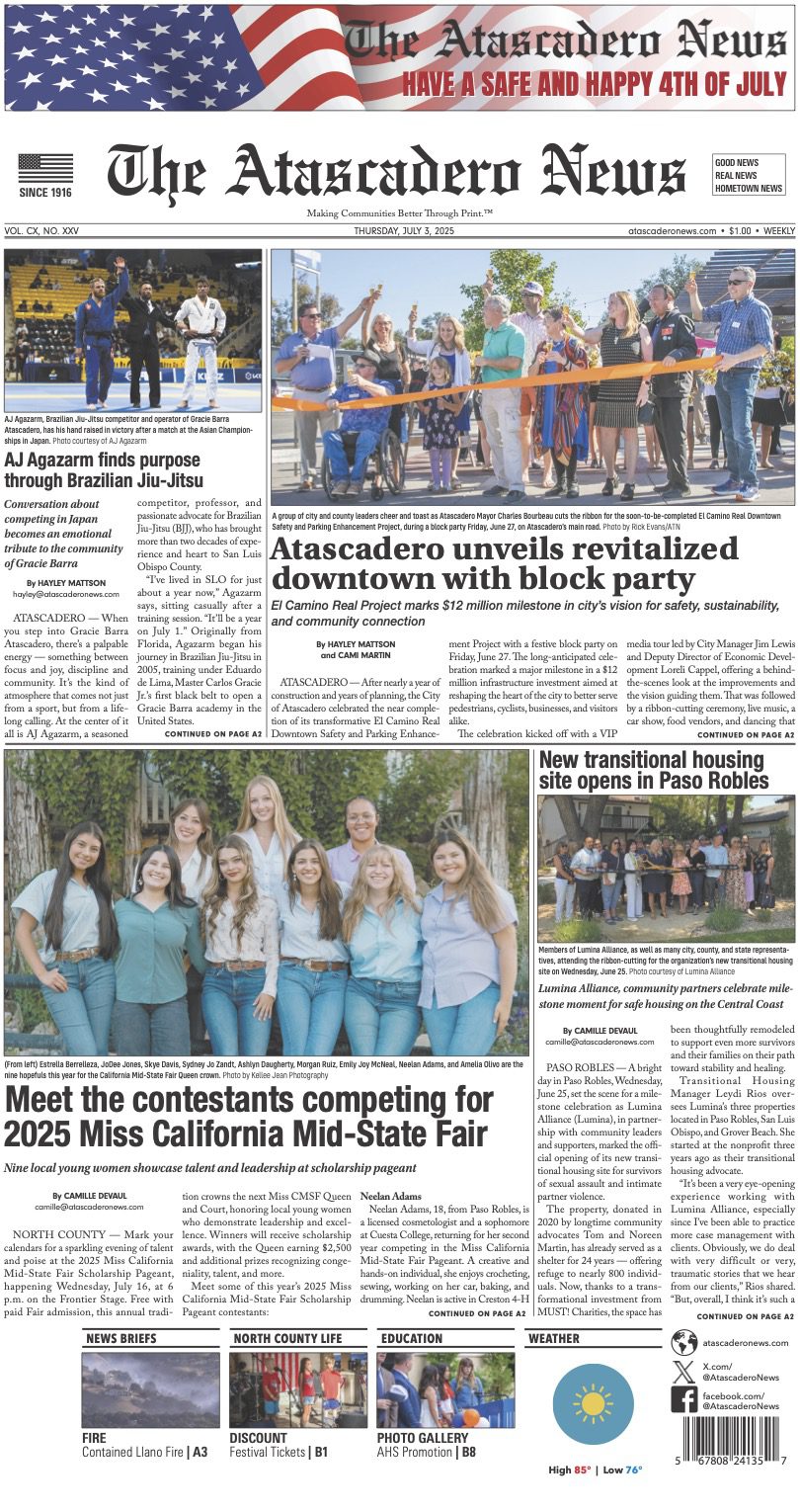By Dr. Cindy Maynard
None of us are immune to injustices. Divorce, road rage, rudeness, or domestic violence are all examples of situations we live with that impact us negatively. Some experiences can have a long-lasting negative impact on our daily relationships with others and our psyche. How we react to these injustices can determine whether we will suffer from depression, anxiety, stress or whether we will use methods that will help us overcome these situations to live healthier, more fulfilling lives. One method is practicing forgiveness.
Research has shown the benefits are numerous. Forgiveness has profound physical and psychological benefits that help improve our mental health. Forgiveness causes emotional, psychological, physical, and spiritual healing and decreased painful feelings like anger, depression, or anxiety. Forgiveness can help decrease the hurt and pain from offenses and help us lead more peaceful, satisfying lives.
Forgiveness as a concept has existed for thousands of years, having its roots deep in the Christian gospels and many of the well-known religions. More recently, forgiveness therapy has found its way into the psychology field, national conferences, major universities, and now talk shows. Countless international conflicts, from American slavery, Rwandan genocide to German Nazi war crimes, have employed forgiveness to help heal deep wounds.
At a forensic facility where I used to work, I co-facilitated a class for many years on Letting go of Resentments. I began to see what a powerful tool forgiveness was in helping these incarcerated men lower their resentments and grievances towards others and learn better ways of coping and healing their relationships. As one of the participants in the forgiveness class said, “I hadn’t spoken to my brother for years. When he got sick and almost died, I had to let go of my anger – life was just too short, and I may not get another opportunity.” Another participant stated, “Forgiving myself and others has opened the door to self-nurturing and the love of family and friends that I once shut out because I felt so undeserving.”
Who of us wouldn’t want to let go?
And yet, many people get confused about what forgiveness is, which makes it harder to forgive. Some view forgiveness as being weak. However, it takes strength and courage to forgive. Forgiveness is not condoning, denying, forgetting, or excusing one’s behavior. It doesn’t mean you have to reconcile or even see your offender again. It’s not about making them feel better, either. Forgiveness is, however, letting go of anger and hostility and finding peace through the process. It’s about taking back your power and feeling peaceful. It’s for you, not the offender. And it is a process, not a one-time event. For most of us, it takes daily practice to finally let go.
Here are some positive actions you can take to let go of resentments and grievances:
- Accept your anger. Don’t deny it.
- Talk it out with an empathetic person who understands the forgiveness process and will just listen
- Ditch the victim mentality— remember it’s your process, not the offender’s
- Make a commitment to forgive and practice
- Start developing empathy or compassion towards the offender by viewing them as a human being, not an evil person. In other words, put yourself in the other person’s shoes.
You may find new meaning or purpose in life as a result of having gone through the forgiveness process, or at the very least, released a burden you’ve been carrying for years. Remember, this is for you, not them. It’s about moving on with your life and finding peace.
Here are some resources the students in my class used that helped them through the process:
- Forgiveness books, seminars, podcasts, and CD’s
- Journaling
- Writing a letter to the offender (and either burning it or sending it)
- Sharing with a friend or therapist who understands the forgiveness process
- Using faith and spirituality
- Nature
Holding onto hate, anger, hostility, and outrage will eventually poison us. Forgiveness helps us finish unfinished business. When we practice these techniques, we gain control over the way we think and feel. We change our resentment story into a forgiveness story.
Cindy Maynard, Ph.D., RD, is a health psychologist, registered dietitian, and health and fitness writer. Dr. Maynard is passionate about the topic of health and wellness and motivating people towards better health. You can contact her at drcindymaynard@live.com.











